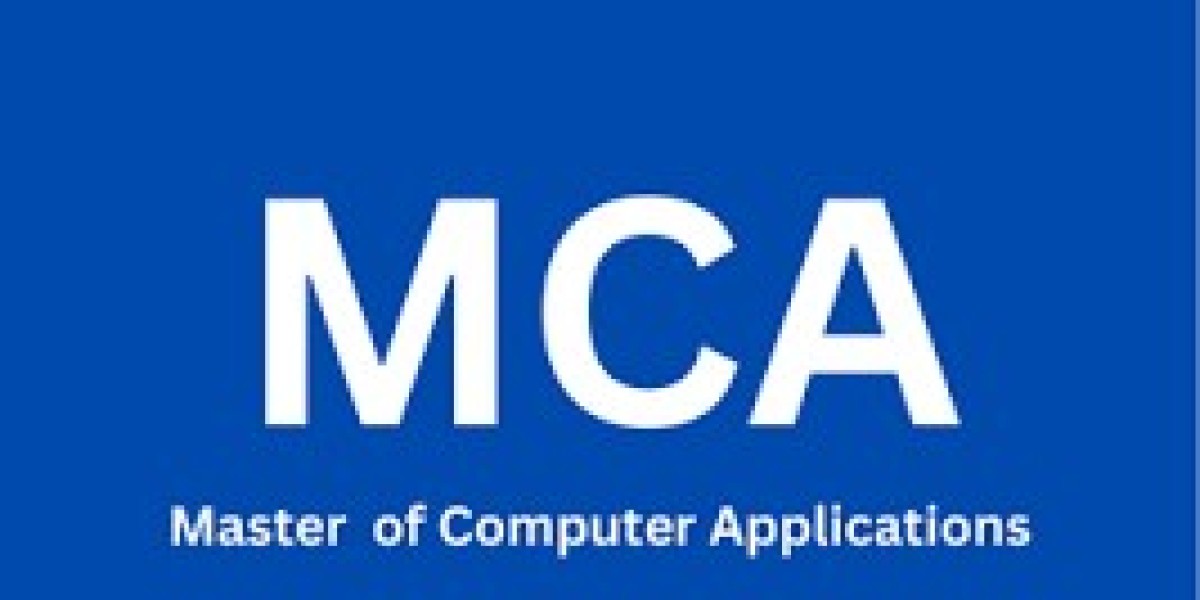In the fast-paced and often unpredictable world we live in, anxiety has become a prevalent issue affecting millions of individuals. The storm of anxious thoughts and emotions can be overwhelming, but there are effective strategies to navigate through it and find relief. This article explores various approaches beyond the storm, offering practical insights and techniques to help manage and alleviate anxiety.
Understanding Anxiety
Before delving into strategies for relief, it's crucial to understand what anxiety is and how it manifests. Anxiety is a natural response to stress, but when it becomes chronic or excessive, it can interfere with daily life and well-being. Common symptoms include restlessness, excessive worrying, muscle tension, and difficulty concentrating. Recognizing these signs is the first step in addressing anxiety and seeking appropriate strategies for relief.
Mindfulness and Meditation
One powerful approach to anxiety relief is the practice of mindfulness and meditation. These techniques involve bringing attention to the present moment, allowing individuals to observe their thoughts without judgment. Mindfulness-based stress reduction (MBSR) and mindfulness meditation have been shown to reduce symptoms of anxiety and improve overall mental well-being. By incorporating these practices into daily life, individuals can develop a greater sense of calm and resilience in the face of stressors.
The Power of Breath
An often overlooked but effective tool for anxiety relief is conscious breathing. Deep, diaphragmatic breathing activates the body's relaxation response, counteracting the physiological symptoms of anxiety. Techniques such as box breathing, where one inhales, holds, exhales, and holds again in a rhythmic pattern, can be easily practiced anywhere. Incorporating breathwork into a daily routine provides a simple yet powerful way to calm the mind and reduce anxiety levels.
Cognitive Behavioral Therapy (CBT)
Cognitive Behavioral Therapy (CBT) is a widely recognized and evidence-based therapeutic approach for anxiety relief. CBT focuses on identifying and challenging negative thought patterns that contribute to anxiety. Through a process of cognitive restructuring, individuals can learn to reframe their thoughts, replacing irrational fears with more rational and balanced perspectives. CBT not only provides immediate relief but equips individuals with long-term coping skills to navigate future challenges.
Physical Exercise
The connection between physical activity and mental well-being is well-established. Regular exercise has been shown to reduce anxiety and improve mood by releasing endorphins, the body's natural stress relievers. Whether it's a brisk walk, a jog, yoga, or weightlifting, finding an enjoyable form of exercise can be a powerful strategy for anxiety relief. Not only does it promote physical health, but it also provides a positive outlet for stress and pent-up energy.
Nourishing the Body and Mind
Diet plays a significant role in mental health, and certain foods can either exacerbate or alleviate anxiety symptoms. Consuming a balanced diet with adequate nutrients, including omega-3 fatty acids, antioxidants, and B vitamins, can support overall brain health and reduce anxiety. Additionally, staying hydrated is crucial, as dehydration can contribute to feelings of stress and tension. By nourishing the body, individuals can create a solid foundation for mental well-being.
Establishing a Routine
Creating a structured daily routine can provide a sense of stability and predictability, reducing the uncertainty that often fuels anxiety. This includes establishing regular sleep patterns, setting aside time for self-care activities, and maintaining a consistent work and leisure schedule. A well-organized routine not only fosters a sense of control but also ensures that individuals prioritize their mental and emotional well-being.
Social Support and Connection
Isolation can worsen anxiety symptoms, making social support and connection vital for relief. Talking to friends, family, or a mental health professional can provide a valuable outlet for expressing emotions and gaining perspective. Building a support network fosters a sense of belonging and reminds individuals that they are not alone in their struggles. Whether through face-to-face interactions or virtual connections, cultivating meaningful relationships is a powerful strategy for navigating the storm of anxiety.
Embracing Mind-Body Practices
Holistic approaches such as yoga and tai chi combine physical movement with mindfulness, offering a dual benefit for anxiety relief. These mind-body practices not only promote flexibility and strength but also cultivate a deep sense of relaxation and focus. Incorporating such practices into a weekly routine can contribute to a holistic and balanced approach to mental well-being.
Seeking Professional Help
While self-help strategies can be beneficial, there are instances where professional intervention is necessary. Mental health professionals, including therapists, counselors, and psychiatrists, can provide tailored strategies and support for managing anxiety. Therapy sessions offer a safe space to explore the root causes of anxiety and develop personalized coping mechanisms. Medication may also be prescribed in some cases, providing additional support for those with severe or persistent anxiety symptoms.
Conclusion
Beyond the storm of anxiety lies a landscape of diverse and effective strategies for relief. From mindfulness and meditation to cognitive behavioral therapy, physical exercise, and social connection, individuals have a range of tools at their disposal. It's essential to recognize that everyone's journey is unique, and finding the right combination of strategies may require experimentation and persistence. By exploring these approaches and seeking support when needed, individuals can navigate the challenges of anxiety and move towards a calmer, more resilient state of mind.








